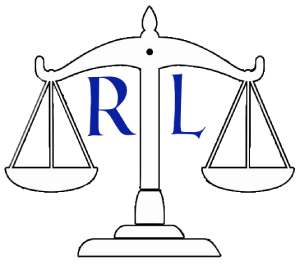There are many trusts available for many different situations.
For business purposes a trust where a person is legally appointment to hold assets for that business on behalf of the beneficiaries.
What are the advantages of a trust?
- A trust is versatile and flexible for the purpose of tax. Once money is paid into the trust you can distribute the funds amongst the beneficiaries; if done correctly this can save you a lot of money in tax each year.
- Each individual that is a beneficially pays tax on their own unique position.
- A trust enables you to protect your assets and essentially limits your business’ liability.
- Beneficiaries of trusts are not liable for the debts caused by trusts.
A trust agreement looks too good to be true; on the surface it might appear that way, but once you gain a thorough understanding there are a lot of intricates.
Some of the disadvantages of a trust
- A trust can be costly to set up. Due to the complexities of a trust, they are usually so intrinsic that it could require an accountant and lawyer for the set up.
- The trust must be adhered to and all regulations laid out by the trust must be complied with.
- Unlike a business where you can offset liabilities, a trust does not give you the flexibility to off-set your liabilities against any other income you may have.
- When growing a business, it is prudent to reinvest funds, a trust will not permit you to hold money in the account for the sake of expansion.
Why create a trust?
All trusts are different, and the reasons people create them vary. Before entering into any kind of trust, talk to the lawyers at Radich Lawyers on the Gold Coast. We have the skill and experience to advice you on the best course of action. Call 0412 763 602 for expert guidance.


Leave a Reply